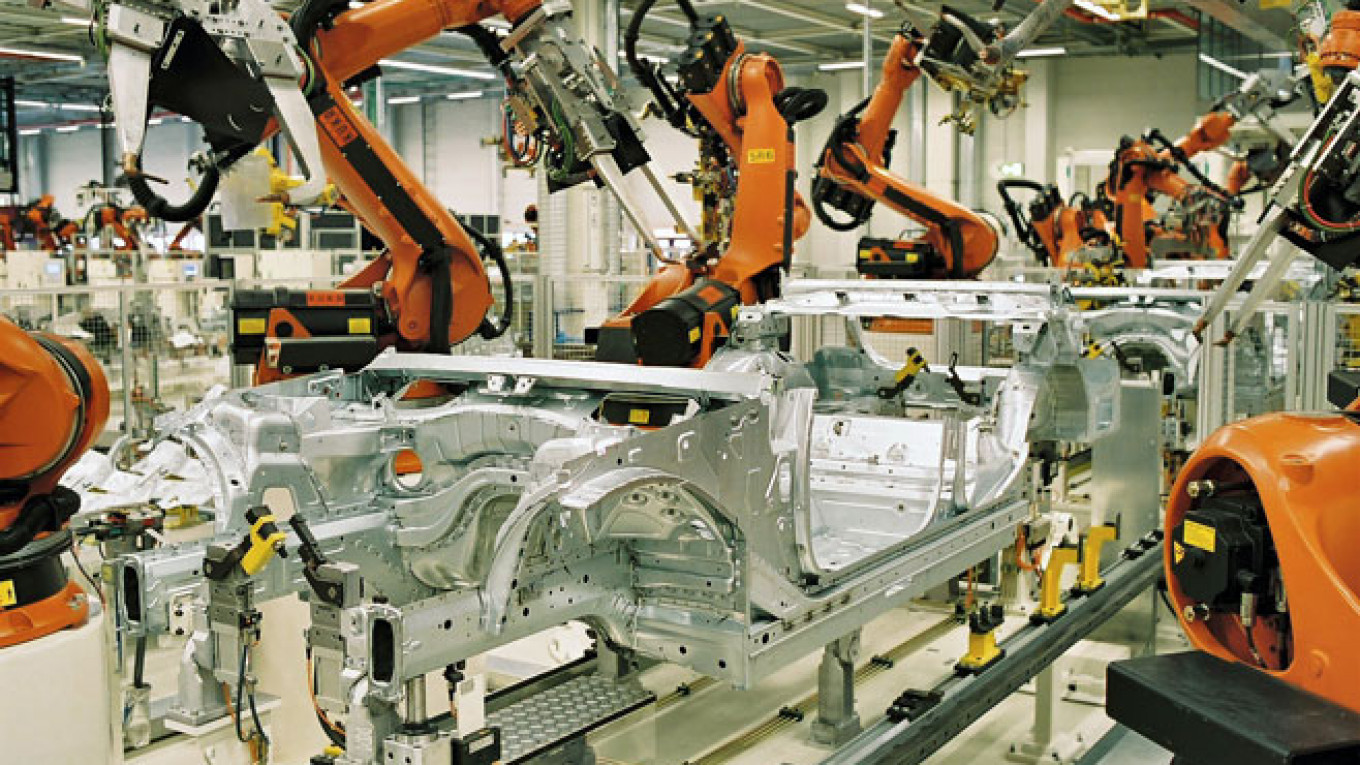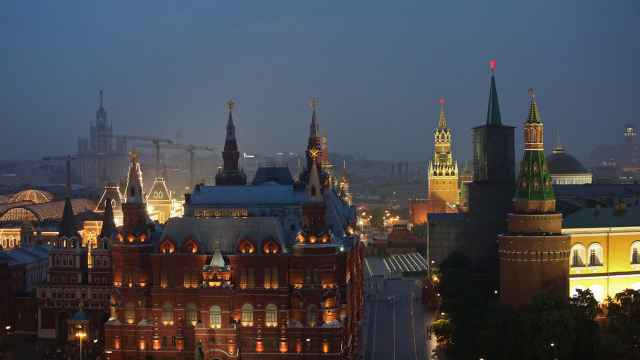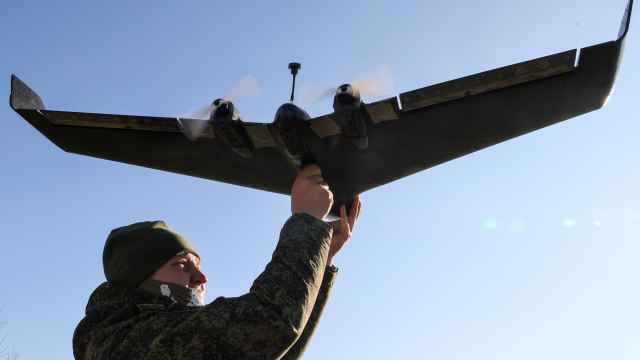Factories employing traditional manual labor are being increasingly challenged by highly automated intelligent machines that lower production costs while boosting quality and efficiency.
But as this transformation of industry unfolds, Russian manufacturing is only making its first steps toward higher degrees automation, better productivity and competitiveness.
According to the International Federation of Robotics, robot production is already a global multi-billion dollar market, which has been growing at 12 percent per year since 2010. The key players in automation are South Korea, Japan, China, Germany and the U.S.
Russia, which bought only 800 robots of 160,000 sold worldwide last year, is far behind the top developed countries.
Robotics experts determine the level of automation in a country by the number of robots employed at factories per 10,000 workers. The average so-called robot density in the world is 60. The ratio in Russia is below 10.
While the figures put Russia among the least automated countries, they also show how much potential there is for modernization, not only in automobile production but in other industries, said Head of IFR Industrial Robot Suppliers Andreas Bauer at the Intelligent Industry conference held in Moscow on Monday.
The country is likely to see rapid growth in automation in the next few years, he added. "We see the market here growing 60 percent by 2016 … with all the investment coming into local automotive industry," Bauer said.
International Federation of Robotics data suggests that car production is by far the most robotized sector in the world, with plastics, chemicals, packaging and electronics coming up behind.
"Judging by production output levels in Russia we see that automation can be improved in such areas as the service industry, logistics and construction," said Michael Akim, the head of strategic development at the Russian division of ABB, an international automation and power technology company. "Also, robots could help with mining for coal or metals, an industry the country is traditionally strong in," he said.
Growth of automation in these key areas will help raise productivity and make Russian companies more competitive on the international markets, Akim said.
Major Robotics Producers Already Sense Change On the Wind.
"If five to ten years ago manufacturing executives thought that the key to production economy was to hire cheap labor from neighboring states, now, as they face growing competition from European producers and shortage of skilled personnel, robots come to their minds more and more often," said Ivan Yermolayev, the head of KUKA Robotics Russia.
Russia could produce its own robots for industry, defense systems, IT and personal use, applying the scientific expertise it has developed historically, said Park Jong-oh, director of robot research at Chonnam National University, South Korea.
ABB Russia's Akim, however, said manufacturing robots in Russia may not be the best approach as there is a lack of skilled personnel who could organize their mass production.
His assessment was more modest: "The engineers and IT professionals the country is famous for may bring additional value by creating efficient systems using various intelligent machines [produced elsewhere]," he said.
Contact the author at [email protected]
A Message from The Moscow Times:
Dear readers,
We are facing unprecedented challenges. Russia's Prosecutor General's Office has designated The Moscow Times as an "undesirable" organization, criminalizing our work and putting our staff at risk of prosecution. This follows our earlier unjust labeling as a "foreign agent."
These actions are direct attempts to silence independent journalism in Russia. The authorities claim our work "discredits the decisions of the Russian leadership." We see things differently: we strive to provide accurate, unbiased reporting on Russia.
We, the journalists of The Moscow Times, refuse to be silenced. But to continue our work, we need your help.
Your support, no matter how small, makes a world of difference. If you can, please support us monthly starting from just $2. It's quick to set up, and every contribution makes a significant impact.
By supporting The Moscow Times, you're defending open, independent journalism in the face of repression. Thank you for standing with us.
Remind me later.






